DNA Testing
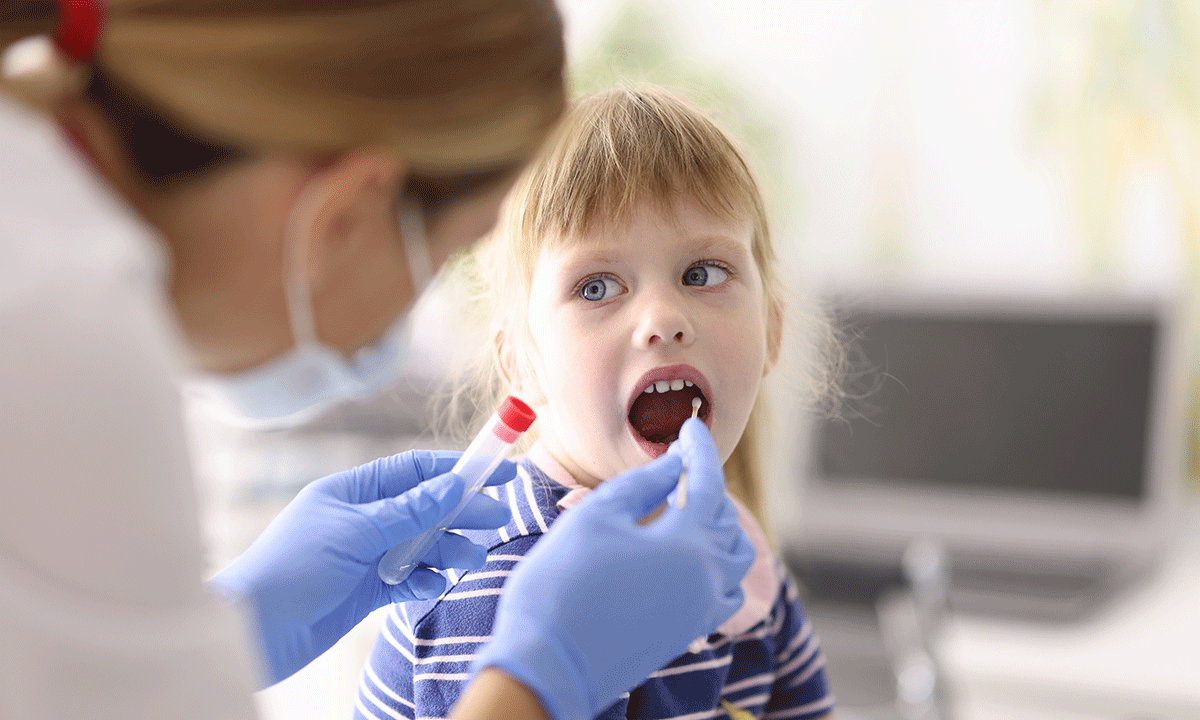
Your Trusted Partner for Accurate DNA Testing Results
When clarity, trust, and legal accuracy matter most, turn to DATCS—your reliable partner in certified DNA testing. We understand that DNA testing is more than just science—it’s about finding answers, confirming relationships, and bringing peace of mind during life’s most important moments. Whether you need a court-admissible paternity test, verification for immigration purposes, or discreet forensic analysis, our expert-led team is here to support you every step of the way. We partner with fully accredited laboratories that follow the highest standards for precision, confidentiality, and legal compliance. Our process is simple, secure, and fast—with results often delivered within a few business days. At DATCS, you’re not just a case number; you’re someone looking for truth, and we treat every test with the seriousness and care it deserves. From initial consultation to final results, we ensure a seamless experience with the clarity and confidence you need to move forward.
What is DNA Testing and
Why It Matters
DNA testing is a precise and scientifically proven method used to examine genetic material and uncover biological relationships. It works by analyzing specific genetic markers that are passed down from parents to their children, making it possible to confirm or exclude relationships with a high degree of accuracy. Today, DNA testing is used in a wide range of scenarios—from establishing paternity and verifying family ties for immigration, to supporting legal proceedings and solving forensic cases. The process is simple and non-invasive, typically requiring just a quick cheek swab to obtain a sample. Behind that small sample lies a wealth of genetic information that can bring clarity, closure, and confidence. DNA testing empowers individuals, families, and legal professionals to make informed decisions backed by science.

Why Choose DATCS for Your DNA Testing Needs
AABB Accreditation
AABB (formerly American Association of Blood Banks) accreditation for parentage testing.
Clinical Laboratory Improvement Act
Clinical Laboratory Improvement Act (CLIA) License No. 34D0954530
College of American Pathologists
College of American Pathologists (CAP) No. 13969-01
State of New York Department of Public Health licensure
Accredited to ISO/IEC 17025
ANSI-ASQ National Accreditation Board/FQS
Fully Accredited Laboratory
We operate with a certified DNA testing lab, giving you full assurance that your samples are handled with precision from start to finish.
Legal-Grade Security
We handle every sample with the highest level of care and discretion. Our secure, step-by-step tracking ensures your results remain private and fully admissible.
Certified Legal DNA Provider
From attorneys to law enforcement, professionals across the country trust DATCS for court-ready documentation and expert witness support.
Explore Our DNA Testing Options
DATCS provides a diverse portfolio of DNA testing options designed to deliver dependable answers across a wide range of situations. From establishing biological relationships to supporting legal investigations, our services are built to serve the unique needs of individuals and professionals alike. Every test is processed in our accredited laboratory using cutting-edge technology and guided by rigorous quality standards. Whether you’re resolving a family matter, fulfilling documentation requirements, or seeking clarity in a sensitive case, our team ensures a seamless experience from start to finish. With fast turnaround times, secure handling procedures, and a commitment to service excellence, DATCS stands as a trusted name in DNA diagnostics. We don’t just process samples—we provide support, insight, and guidance to help you move forward. You can read more about the reliability of our DNS testing HERE

Paternity DNA Testing: Confirms the biological relationship between a child and alleged father. When the mother is included, the test guarantees at least 99.99% accuracy using buccal (cheek swab) specimens.
Maternity DNA Testing: Verifies biological motherhood, often used for immigration cases, adoption reunification, or legal custody matters. Samples are collected from the child, mother, and—if available—the father.
Grandparentage DNA Testing: Determines the likelihood of a grandparental relationship through one of several combinations:
- Mother, child, and two grandparents
- Mother, child, and one grandparent
- Child and two grandparents
- Child and one grandparent
Avuncular DNA Testing: Establishes the probability of paternity by testing the child with the father’s sibling (aunt or uncle). The mother’s sample is optional but recommended for stronger results.
Siblingship DNA Testing: Compares DNA to assess full or half-sibling relationships. Additional relatives may be needed for conclusive results.

When immigration authorities require proof of biological relationships, DATCS provides a seamless, USCIS-compliant DNA testing solution. Our immigration DNA testing services help families verify relationships for visa, residency, or citizenship applications. We work directly with U.S. embassies, immigration attorneys, and accredited laboratories to ensure the process meets all federal guidelines and international requirements. Our team manages everything—from scheduling sample collections at AABB-certified collection sites to handling international shipping and tracking.
Each test follows strict chain-of-custody protocols, ensuring the integrity of results that are recognized by the U.S. Department of Homeland Security and other immigration agencies. DATCS understands the urgency and emotional weight of immigration cases, which is why we offer fast turnaround times and compassionate support throughout the process. With accurate results, secure procedures, and decades of experience, we’ve helped thousands of families reunite and move forward with their immigration journey. Trust DATCS for reliable answers and smooth, compliant processing.

When suspicions arise, DATCS offers discreet and scientifically backed infidelity DNA testing to help bring clarity to emotionally difficult situations. Our tests can detect the presence of foreign DNA on personal items—such as clothing, linens, or undergarments—to determine if biological material from an unknown individual is present.
We maintain strict confidentiality throughout the process, and all tests are conducted in our fully accredited lab to ensure accurate, court-level results. Services include:
- Semen Screening of Evidence: Analysis of up to two visible stains to detect the presence of semen on submitted items.
- Gender Screen of Evidence: Determines the gender of the DNA contributor using Quantifier + Y Quantifier technology.
- DNA Profile of Evidence: Generates a unique DNA profile from the material found on the submitted item.
- DNA Profile of Reference Sample: Buccal swab sample used to compare with the evidence and either confirm or rule out identity.
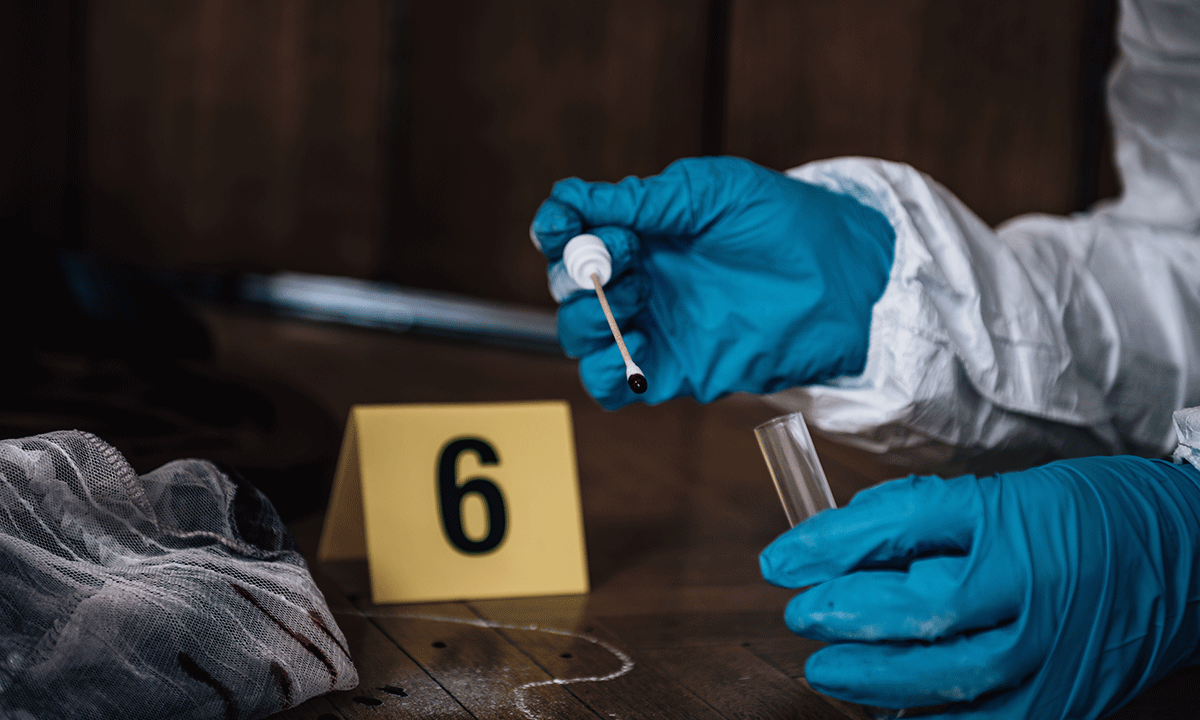
DATCS provides advanced forensic DNA testing services to support legal investigations, criminal defense, cold cases, and more. Our forensic services are designed for attorneys, private investigators, and law enforcement professionals who require legally admissible, scientifically accurate evidence. We analyze DNA from a variety of biological materials—such as hair, blood, skin cells, or touch DNA—found on evidence or personal belongings. With a secure chain of custody and lab protocols aligned with legal standards, our results are defensible in court and supported by expert witness services when needed.
Whether identifying unknown individuals, verifying evidence, or analyzing samples from complex cases, our forensic team brings decades of experience and technical expertise to every case. At DATCS, we combine state-of-the-art laboratory technology with meticulous documentation, ensuring that our reports meet the highest standards of accuracy and reliability. When justice depends on genetic evidence, trust DATCS to deliver clarity and truth backed by science.
Buccal Swab vs. Blood Sample for DNA Testing: Which Is More Accurate?
A common misconception in DNA testing is that blood samples provide more accurate results than buccal swabs. In truth, the DNA found in blood, buccal cells (from the inner cheek), skin, tissue, and saliva is identical—making all valid sources for genetic analysis. However, buccal swab DNA testing has become the preferred method for sample collection in both clinical and legal settings. In fact, buccal swabs are more reliable than blood samples for individuals who have recently undergone a blood transfusion or bone marrow transplant, where the blood may contain foreign DNA from the donor. This can lead to inaccurate or misleading results when using blood alone.
Advantages of Buccal Swab DNA Collection:
- Quick, simple, and painless
- Non-invasive and stress-free—even for infants
- No need for a phlebotomist or medical professional
- Stable at room temperature (no refrigeration required)
- Lower shipping costs and no biohazard handling
- Reduced risk of bloodborne contamination
- Ideal for patients post-transfusion or post-transplant
For the most convenient, safe, and dependable DNA collection, buccal swabs are the gold standard.
DNA Testing - Common Questions
DNA testing is an important step—whether you’re confirming a biological relationship, resolving a legal matter, or seeking peace of mind—and it’s natural to have questions. At DATCS, we believe clarity starts with transparency. That’s why we’ve put together answers to some of the most frequently asked questions about our testing services, from how the process works to how long results take, and what makes them legally admissible. Whether you’re an individual navigating a personal situation or a legal professional needing reliable evidence, our goal is to ensure you feel confident, informed, and supported throughout the entire process. We cover topics like sample collection, accuracy, privacy, turnaround time, and more—so you know exactly what to expect before, during, and after your test. If you can’t find the answer you’re looking for here, our knowledgeable team is just a call or message away and ready to help you every step of the way.
DNA testing is a process that analyzes your genetic material—typically collected through a simple cheek swab or saliva sample—to identify biological relationships, ancestry, or potential health risks. The DNA is extracted in a certified lab and compared against another sample or a database, depending on the purpose of the test. Whether you’re confirming paternity, verifying a family connection for immigration, or exploring your heritage, DNA testing offers scientifically backed answers. It is a fast, accurate, and non-invasive method trusted by legal professionals, healthcare providers, and individuals around the world for life-impacting decisions.
Paternity and relationship DNA testing follows strict procedures to ensure high-quality results. Legal-grade paternity tests offer results with 99.99% accuracy or greater when the mother, child, and alleged father are tested. This level of accuracy makes them legally admissible and widely trusted in courts. Other relationship tests—such as grandparent, siblingship, or avuncular testing—can also deliver high accuracy, though results may vary based on the tested individuals. Proper sample collection and laboratory standards play a major role in test reliability. Always choose an accredited provider like DATCS to ensure you receive the most dependable and valid results possible.
Absolutely! At DATCS and other reputable providers, client privacy is protected through strict security protocols. All DNA samples are handled with confidentiality, and test results are only shared with the authorized individuals involved in the case. Certified labs follow federal and industry regulations, including HIPAA compliance where applicable. Your DNA data is never sold or shared without your permission, and all records are securely stored or destroyed as required. We encourage every client to review the privacy policy before testing to ensure they understand how their information will be managed, stored, and used.
The turnaround time for DNA test results depends on the type of test and the provider. At DATCS, paternity and legal relationship tests typically take 2 to 5 business days once the lab receives your samples. Immigration tests and forensic tests may take slightly longer depending on case complexity. We also offer expedited services for urgent cases involving legal or court deadlines. Our team keeps you informed every step of the way, ensuring fast, accurate, and transparent delivery.
Legal DNA tests must follow a documented chain of custody and be collected by an unbiased third party. This ensures the identity of the individuals tested is verified and that the results are legally defensible. Home DNA test kits, on the other hand, are collected by individuals at their convenience, making them useful for personal information but not legally accepted. While both tests can be scientifically accurate, only legal DNA tests can be used in court or submitted to government agencies. DATCS provides both options depending on whether your needs are personal or legal.
A court-admissible paternity test must be conducted by an accredited laboratory, involve a non-biased collector, follow a strict legal chain of custody, and include photo identification. Exceptions apply in cases where a photo ID or photograph can’t be obtained—such as with deceased individuals, prenatal samples, incarcerated persons, or law enforcement collections. In these situations, a signed affidavit confirming the identity, completed by a qualified witness (e.g., doctor, coroner, corrections officer), may be accepted. Some laboratories may also provide specific forms for these cases.
Some relationship tests—like siblingship, grandparentage, or avuncular testing—may not always provide a conclusive answer due to the nature of shared DNA. In some cases, adding another biological relative can help strengthen the results. If no additional family members are available, we’ll help you understand the results and explore your options.
Ready for Answers You Can Trust?
Whether you need legally admissible results, personal clarity, or expert guidance through a sensitive situation—DATCS is here to help. With fast turnaround times, certified accuracy, and compassionate support, we make the DNA testing process clear, confidential, and stress-free.
Contact us today to speak with a specialist, schedule your test, or get a free consultation tailored to your needs.
Need to Find a Location Near You?
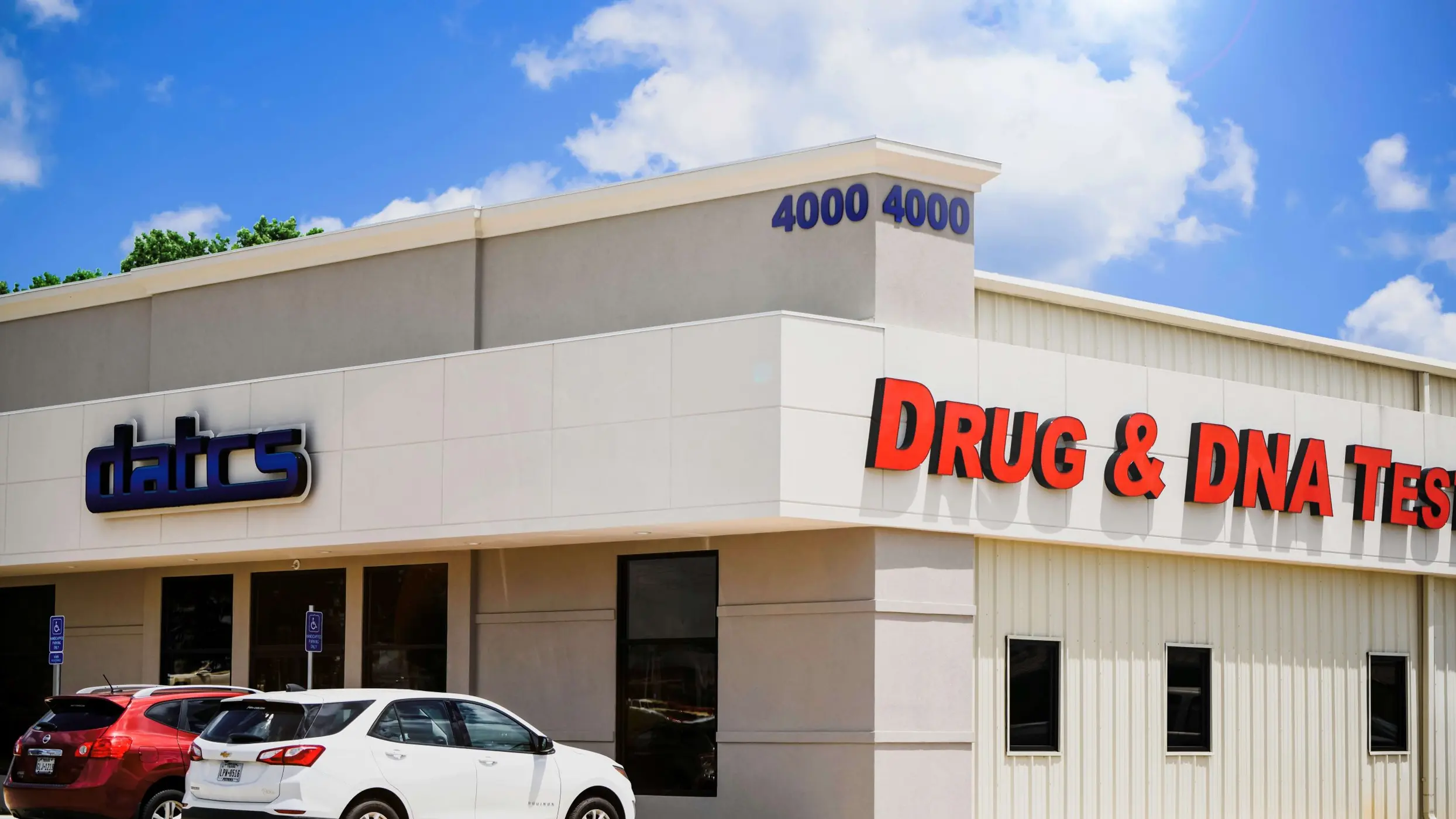
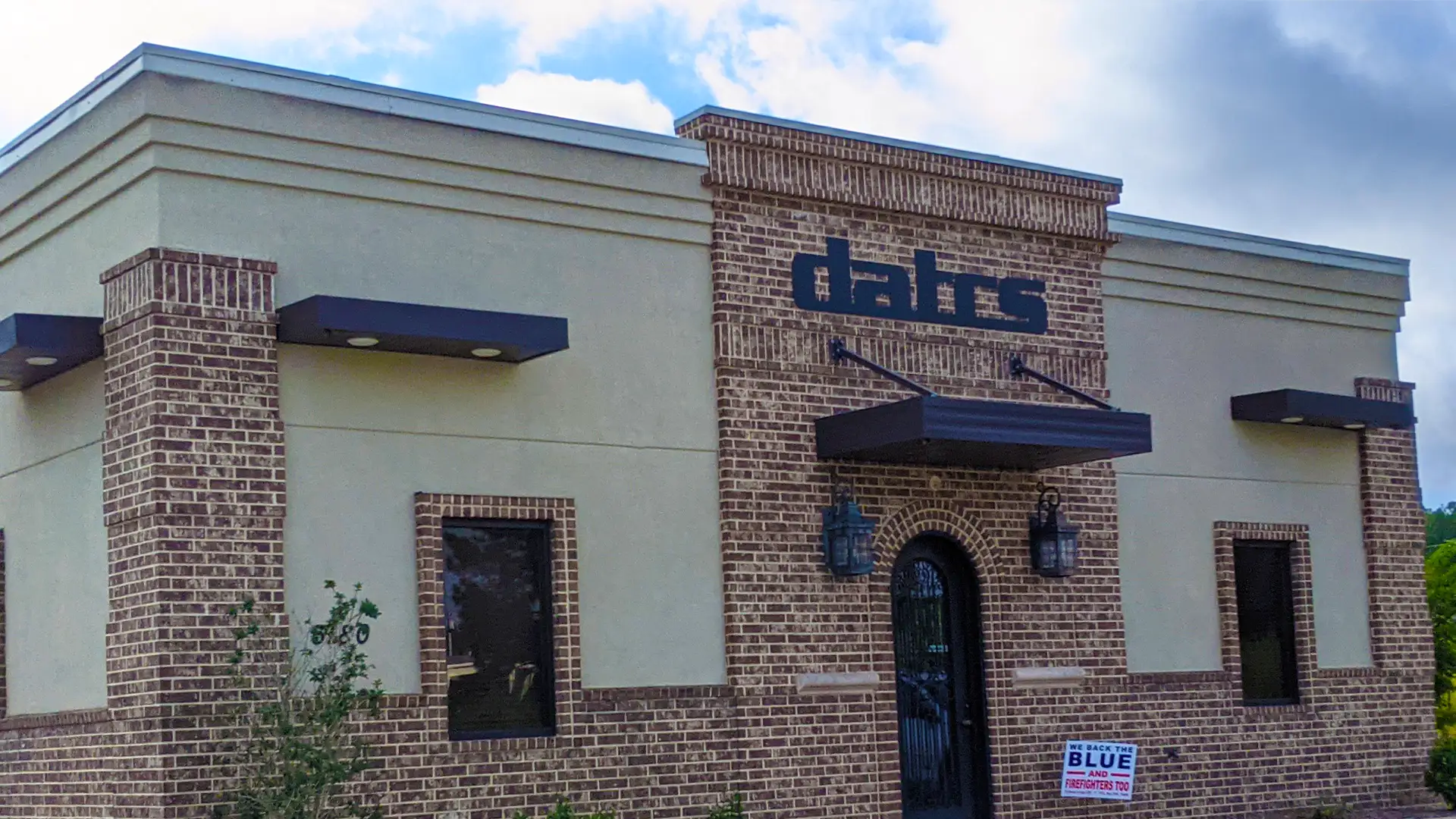
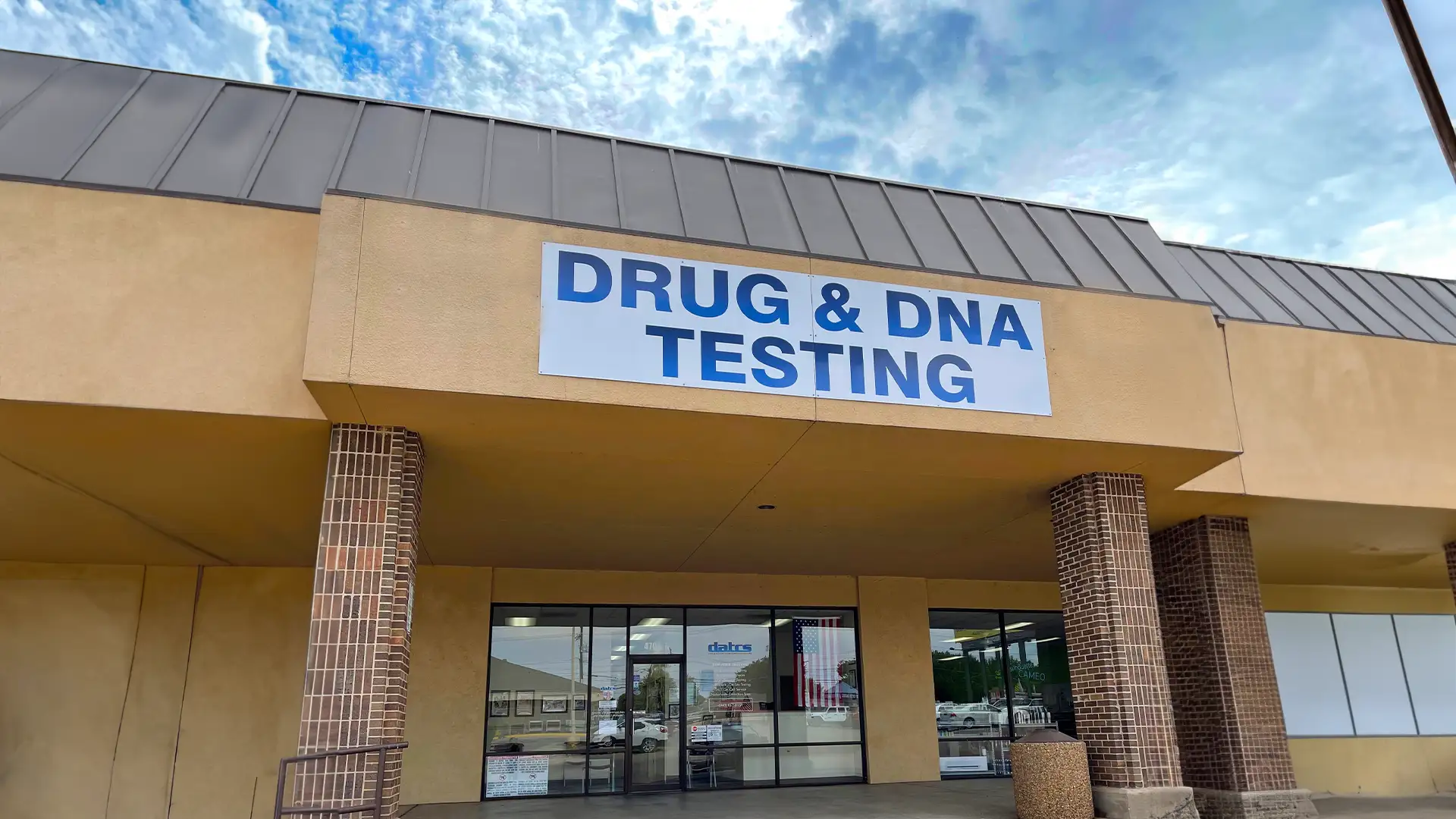
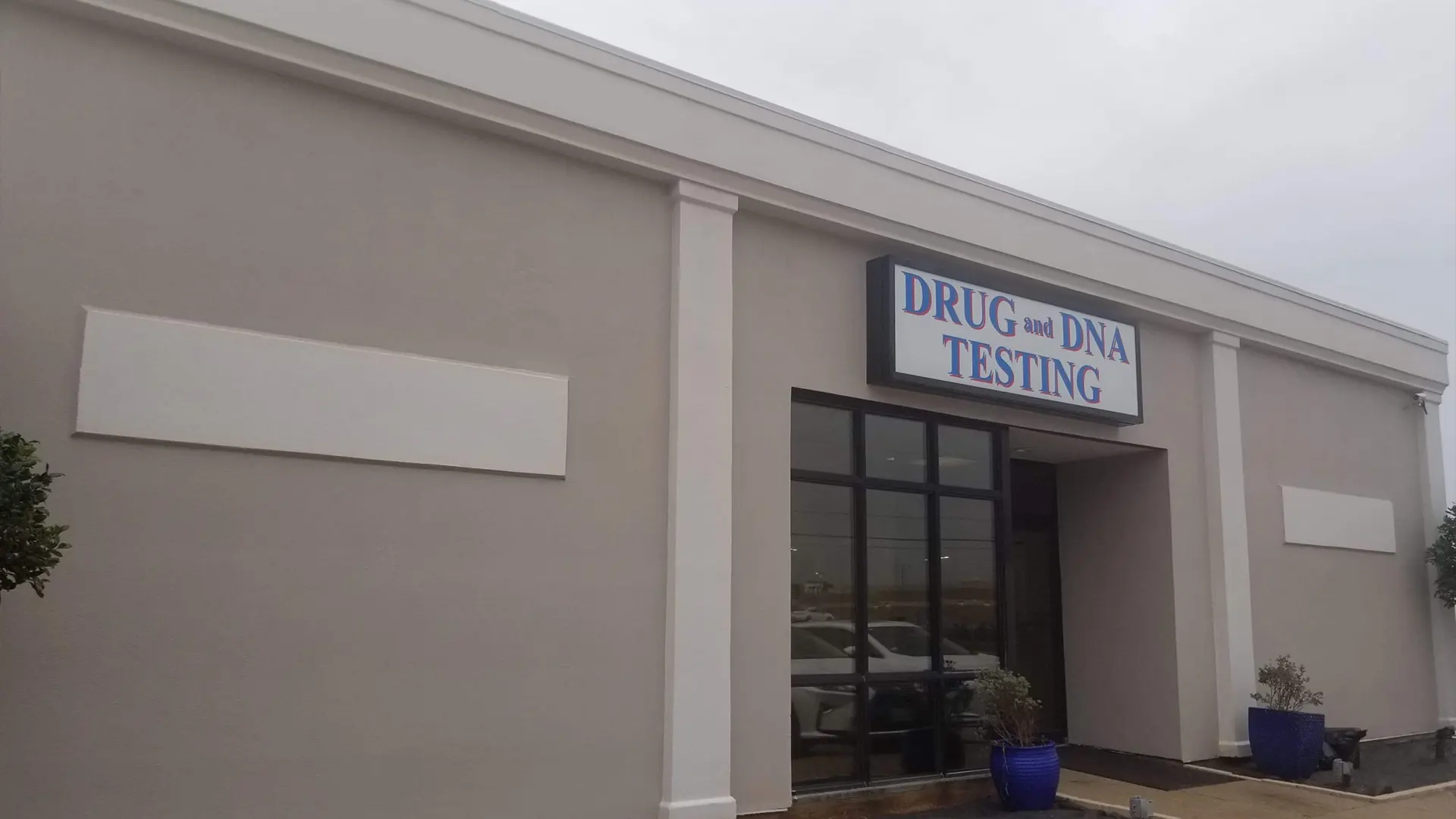
Learn More About DNA Testing
DNA Testing Explained: Everything You Need to Know About Reliable Results
In today's world, DNA testing services have become powerful tools for uncovering crucial answers about identity, relationships, and potential health risks. Whether you need to establish paternity, verify family connections for immigration, or gather evidence for legal...
DATCS DNA paternity test Texas: An Expert Source For Your Paternity Testing Needs
With our DNA paternity test Texas, we guarantee accurate results by following a strict documented chain of custody. Our tests are all collected by our trained professionals, and if need be are admissible in a court of law. The testing process is simple and only...
DNA PATERNITY TESTING AVAILABLE AT ALL LOCATIONS
DNA PATERNITY TESTING is legally binding and court admissible. No appointment needed, Accredited Laboratory, Forensic Quality.
